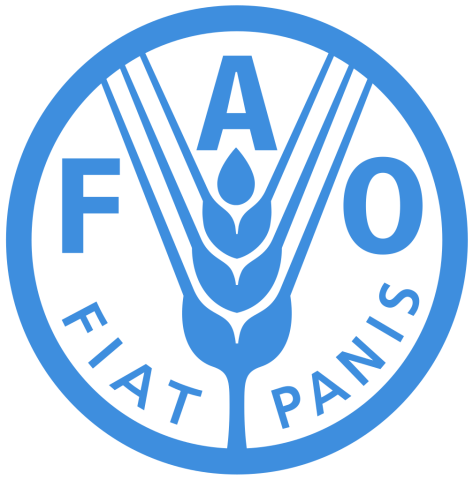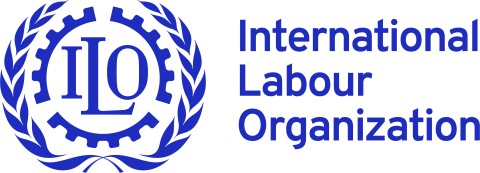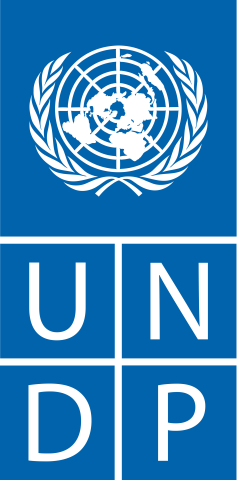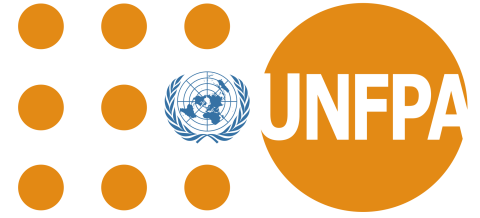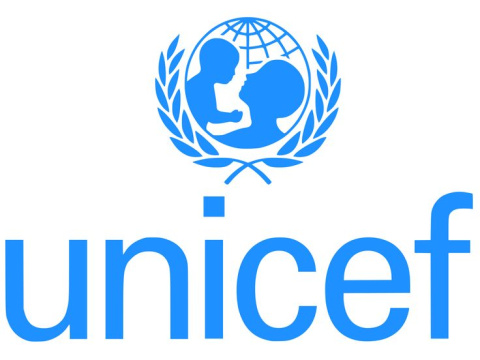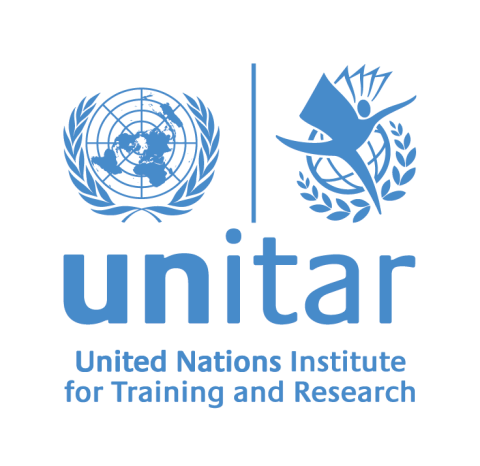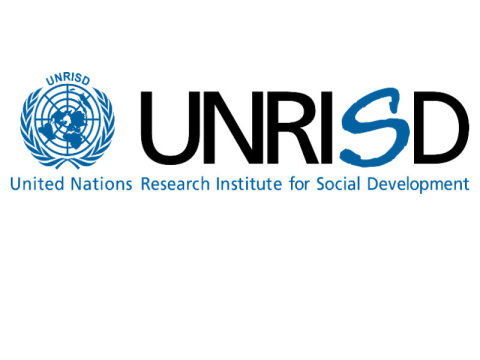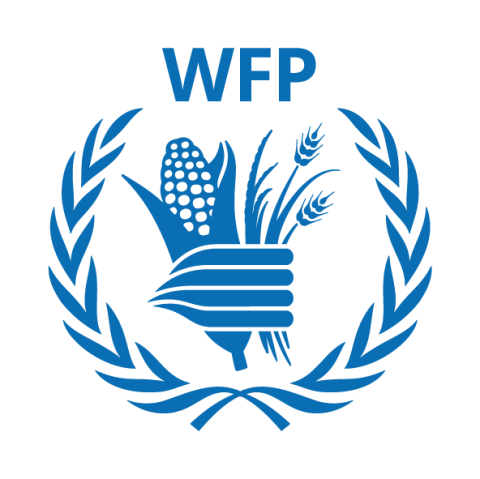
Строка навигации
- Эта страница была переведена с помощью машинного перевода. Подробнее.
Исследования и классификация
Научные эксперты ВОЗ определяют глобальную повестку дня в области исследований, связанных со здоровьем. Они выявляют пробелы в знаниях и новые проблемные области. ВОЗ собирает и объединяет результаты, предоставляя правительствам и врачам по всему миру доступ к жизненно важной информации. С момента своего создания организация выявляет и классифицирует заболевания — отправную точку для всех исследовательских мероприятий, что позволяет собирать статистические данные по определенным состояниям здоровья. Эти знания позволяют ВОЗ давать рекомендации по профилактике и лечению заболеваний.
Кроме того, ООН финансирует медицинские исследования для расширения знаний и поиска решений по борьбе с болезнями. «Специальная программа исследований и обучения в области тропических болезней» (базируется в Женеве) является одним из таких примеров. Она в значительной степени сосредоточена на болезнях, связанных с бедностью. Через эту программу ООН спонсирует исследовательскую деятельность и помогает находить эффективные решения, например, разрывать цепочки заражения в затронутых странах.
Борьба со вспышками заболеваний
ООН добилась замечательных успехов в борьбе с инфекционными заболеваниями, которых ни одна страна не смогла бы достичь в одиночку. ВОЗ и ЮНИСЕФ совместно поставляют вакцины 45% детей в мире, спасая три миллиона жизней каждый год. Благодаря своим непревзойденным кампаниям по вакцинации ООН искоренила или находится на грани искоренения нескольких болезней: оспа была искоренена в 1979 году, а полиомиелит, хотя и существует до сих пор, сократился на 99%.
Система ООН реагирует на возникающие заболевания или повышенные показатели инфицирования. В 1996 году была основана ЮНЭЙДС в ответ на разрушительную пандемию ВИЧ. Организация работает над сокращением числа новых случаев инфицирования с помощью кампаний по повышению осведомленности. Она лоббирует глобальный доступ к лечению и дальнейшие исследования для улучшения профилактики и вариантов лечения, и даже возможного излечения. Наконец, ЮНЭЙДС проводит кампании по прекращению стигматизации людей, живущих с ВИЧ или СПИДом.
В 2014 году ООН развернула свою первую в истории чрезвычайную медицинскую миссию: медицинский и технический персонал из различных структур ООН отправился в Западную Африку в ответ на смертоносную вспышку лихорадки Эбола. Этот ресурсоемкий, быстрый, гибкий и межведомственный подход помог сдержать распространение этой крайне заразной болезни.
ВОЗ через свою глобальную сеть отслеживает распространение заболеваний и оповещает государства об усилении распространения вирусов или бактерий. Например, ВОЗ объявила коронавирусную болезнь чрезвычайной ситуацией в области общественного здравоохранения, имеющей международное значение, в январе 2020 года и пандемией в марте 2020 года. Этот механизм оповещения побуждает правительства выделять финансовые и технические ресурсы для борьбы со вспышкой. В такой ситуации ВОЗ также выпускает рекомендации по охране здоровья для правительств и граждан.
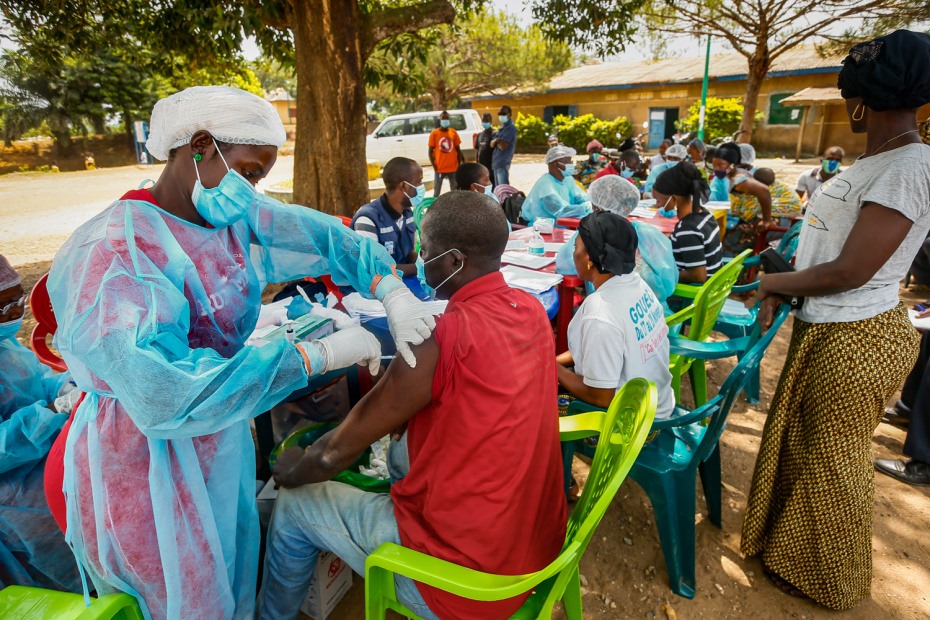
Государственная поддержка
Всеобщее здравоохранение
В настоящее время по крайней мере половина населения мира не имеет доступа к необходимым им медицинским услугам. ООН поддерживает правительства различными способами, чтобы они могли предоставлять своим гражданам более качественные услуги. В большинстве стран всеобщее медицинское обслуживание, то есть доступ к услугам здравоохранения и система их финансирования для всех, является целью, которую еще предстоит достичь. ООН помогает странам, которые переходят к системе государственного здравоохранения. ВОЗ обучает государственных служащих финансированию всеобщего медицинского обслуживания и помогает правительствам разрабатывать необходимую политику. Подразделения ООН также помогают определять потребности в медицинской помощи в каждой стране и консультируют по медицинскому оборудованию и расходным материалам.
Равный доступ к жизненно важным лекарствам
ООН лоббирует равный доступ к медицинской помощи по всему миру. В разгар пандемии COVID-19 ООН призвала промышленные страны пожертвовать вакцины другим государствам. ВОЗ координировала распределение, а ЮНИСЕФ сыграл важную роль в доставке вакцин.
К маю 2022 года людям по всему миру было выдано более 11 миллиардов доз вакцины, более 1,5 миллиарда из которых были отправлены в рамках COVAX — кампании ООН по вакцинации от COVID.
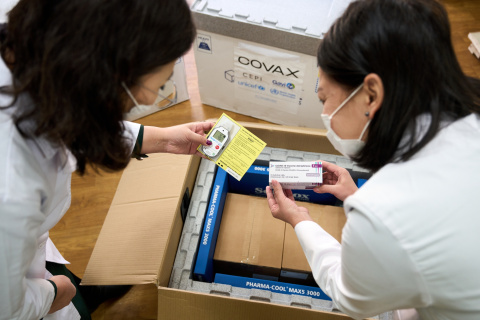
Экстренное реагирование
Чрезвычайные ситуации, будь то стихийные бедствия или вспышки конфликтов и войн, приводят к травмам и болезням и нагружают национальную систему здравоохранения. Сочетаются две вещи: больницы и клиники могут быть разрушены или больше не доступны, в то время как потребность в медицинской помощи резко возрастает. Система реагирования ООН на чрезвычайные ситуации начинает работу по приглашению нуждающейся страны. ВОЗ возглавляет кластер здравоохранения, который координирует агентства ООН и НПО для оценки медицинских потребностей и предоставления медицинской помощи.
Хорошее здоровье и благополучие
ООН твердо убеждена, что здоровье означает гораздо больше, чем отсутствие болезней. Оно скорее определяется как «состояние полного физического, психического и социального благополучия». Многие, если не все, структуры ООН помогают работать над достижением этого состояния целостного здоровья.
ООН-Хабитат и Программа ООН по окружающей среде сотрудничают для достижения лучшей жизни людей в зеленых городах, с меньшим загрязнением воздуха, чистой водой, управлением отходами и доступом к природным пространствам. Международная организация труда , со штаб-квартирой в Женеве, обеспечивает соблюдение прав трудящихся, например, права на отдых и восстановление сил или права работать в безопасной рабочей среде.
В то время как ЮНФПА работает над сексуальным и репродуктивным здоровьем, ЮНИСЕФ посвящает себя благополучию детей и их родителей. Влияние организации простирается от родильных отделений, куда ЮНИСЕФ поставляет акушерские наборы и выделяет больницы, дружелюбные к ребенку, которые позволяют кормить грудью с первого дня, до программ питания для детей с недоеданием или систем защиты для детей, которым грозит физическое или психологическое насилие.
УВКБ ООН , организация ООН по делам беженцев, заботится обо всех нуждах людей, покинувших свои дома, включая медицинскую и психосоциальную помощь. ФАО , ПРООН и ВПП работают над поставками здорового продовольствия, помогая внедрять устойчивые методы ведения сельского хозяйства или консультируя по вопросам здоровых привычек питания в разных уголках мира.
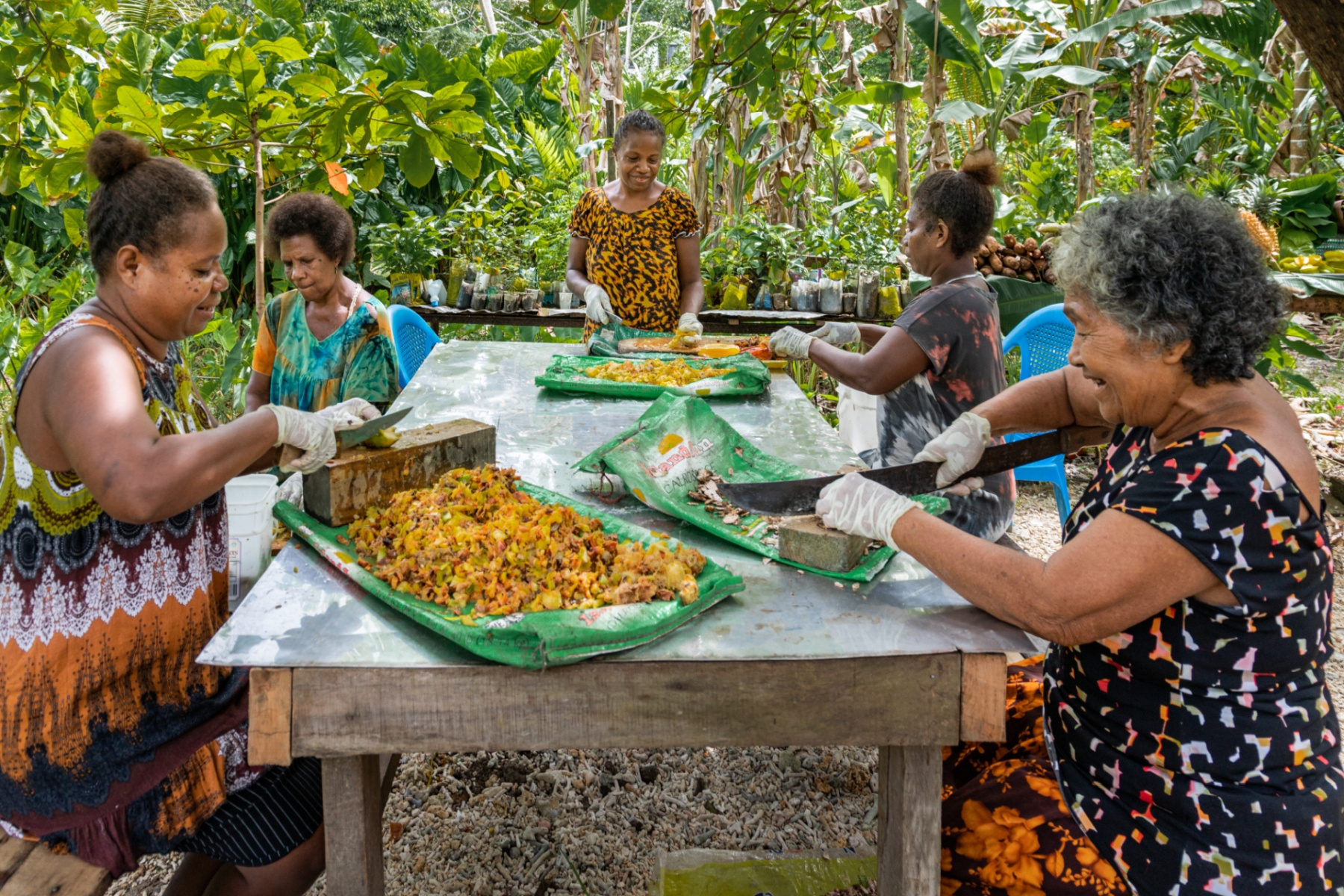
Организации, работающие над проблемами здравоохранения
Продовольственная и сельскохозяйственная организация Объединенных Наций возглавляет международные усилия по борьбе с голодом. Обслуживая как развитые, так и развивающиеся страны, ФАО действует как нейтральный форум, где все страны встречаются на равных для заключения соглашений и обсуждения политики [...]
Международная организация труда является агентством ООН в сфере труда. Он объединяет правительства, работодателей и работников для реализации ориентированного на человека подхода к будущему сферы труда посредством создания рабочих мест, соблюдения прав на рабочем месте, социальной защиты и [...]
Группа Всемирного банка — международное финансовое учреждение, миссия которого — положить конец крайней бедности и способствовать всеобщему процветанию на пригодной для жизни планете. Он работает во всех основных областях развития и предлагает широкий спектр финансовых продуктов и технической помощи [...]
ООН-Вода — это координационный механизм ООН по вопросам водоснабжения и санитарии. Объединяя более 30 структур ООН и 40 международных партнеров, он обеспечивает единую работу системы ООН по решению проблем, связанных с водоснабжением и санитарией, и поддержке стран в достижении Цели устойчивого [...]
ЮНЭЙДС возглавляет глобальные усилия по ликвидации СПИДа как угрозы общественному здравоохранению к 2030 году в рамках Целей устойчивого развития.
С тех пор, как более 35 лет назад были зарегистрированы первые случаи ВИЧ, 78 миллионов человек заразились ВИЧ и 35 миллионов человек умерли от болезней [...]
ПРООН является ведущей организацией системы Организации Объединенных Наций, борющейся за искоренение несправедливости бедности, неравенства и изменения климата. Работая с широкой сетью экспертов и партнеров в 170 странах, агентство помогает нациям создавать комплексные и долговременные решения для [...]
ЮНФПА, Фонд Организации Объединенных Наций в области народонаселения, является международным агентством по развитию, которое продвигает право каждой женщины, мужчины и ребенка на здоровую жизнь и равные возможности. ЮНФПА поддерживает страны в использовании данных о населении для политики и программ [...]
ЮНИСЕФ работает в самых сложных уголках мира, чтобы помочь самым обездоленным детям и подросткам и защитить права каждого ребенка во всем мире. В более чем 190 странах и территориях мы делаем все возможное, чтобы помочь детям выжить, развиваться и реализовать свой потенциал с раннего детства до [...]
Являясь специальным учебным подразделением системы Организации Объединенных Наций, Учебный и научно-исследовательский институт Организации Объединенных Наций (ЮНИТАР) предоставляет инновационные решения в области обучения отдельным лицам, организациям и учреждениям для улучшения глобального процесса [...]
Управление Организации Объединенных Наций по наркотикам и преступности (УНП ООН) призвано сделать мир более безопасным от наркотиков, организованной преступности, коррупции и терроризма. Организация привержена достижению здоровья, безопасности и справедливости для всех путем устранения этих угроз и [...]
ЮНРИСД является автономным исследовательским институтом в системе ООН, который проводит междисциплинарные исследования и политический анализ социальных аспектов проблем современного развития. ЮНРИСД сотрудничает с обширной сетью партнеров из академического, политического, практического и [...]
Всемирная продовольственная программа Организации Объединенных Наций (ВПП) — крупнейшая в мире гуманитарная организация, спасающая жизни в чрезвычайных ситуациях и использующая продовольственную помощь для прокладывания пути к миру, стабильности и процветанию для людей, восстанавливающихся после [...]
Всемирная организация здравоохранения (ВОЗ) является направляющим и координирующим органом в области здравоохранения в системе Организации Объединенных Наций. Он отвечает за лидерство в решении глобальных проблем здравоохранения, формирование повестки дня исследований в области здравоохранения [...]

